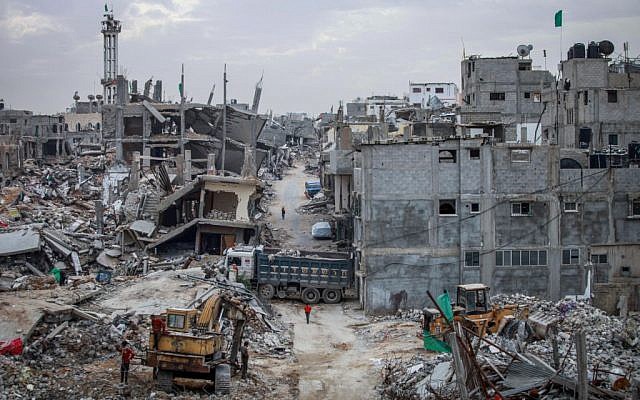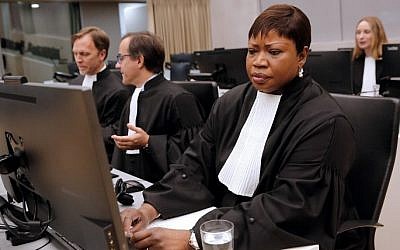 Downloads
Downloads
Certaines De Suspects De Boko Haram En Proces Au…
Le Procureur Général Nigérian Alhaji Abubakar Malami a commencé cette semaine le procès du deuxième groupe des 1000 personnes soupçonnées d’être des membres du Boko Haram. La plupart sont en détention pré procès depuis cinq ans.
Dans un changement de stratégie remarquable, les procès sont ouverts à certaines organisations de la société civile, notamment la Coalition Nigériane pour la Cour Pénale Internationale (CNCPI) et la Commission Nationale des Droits de l’Homme (CNDH). Les rapports des observateurs de la CNCPI ont montré que tous les quatre tribunaux dans l’État du Niger se sont engagés à conclure leurs affaires assignées la semaine prochaine.
Près de 100 suspects dans le premier groupe qui ont été mettre en procès en octobre 2017 étaient libérés pour l’absence de preuve et les OSC qui sont responsable du deuxième group cette semaine signalent l’absence de preuves contre les suspects inculpés.


